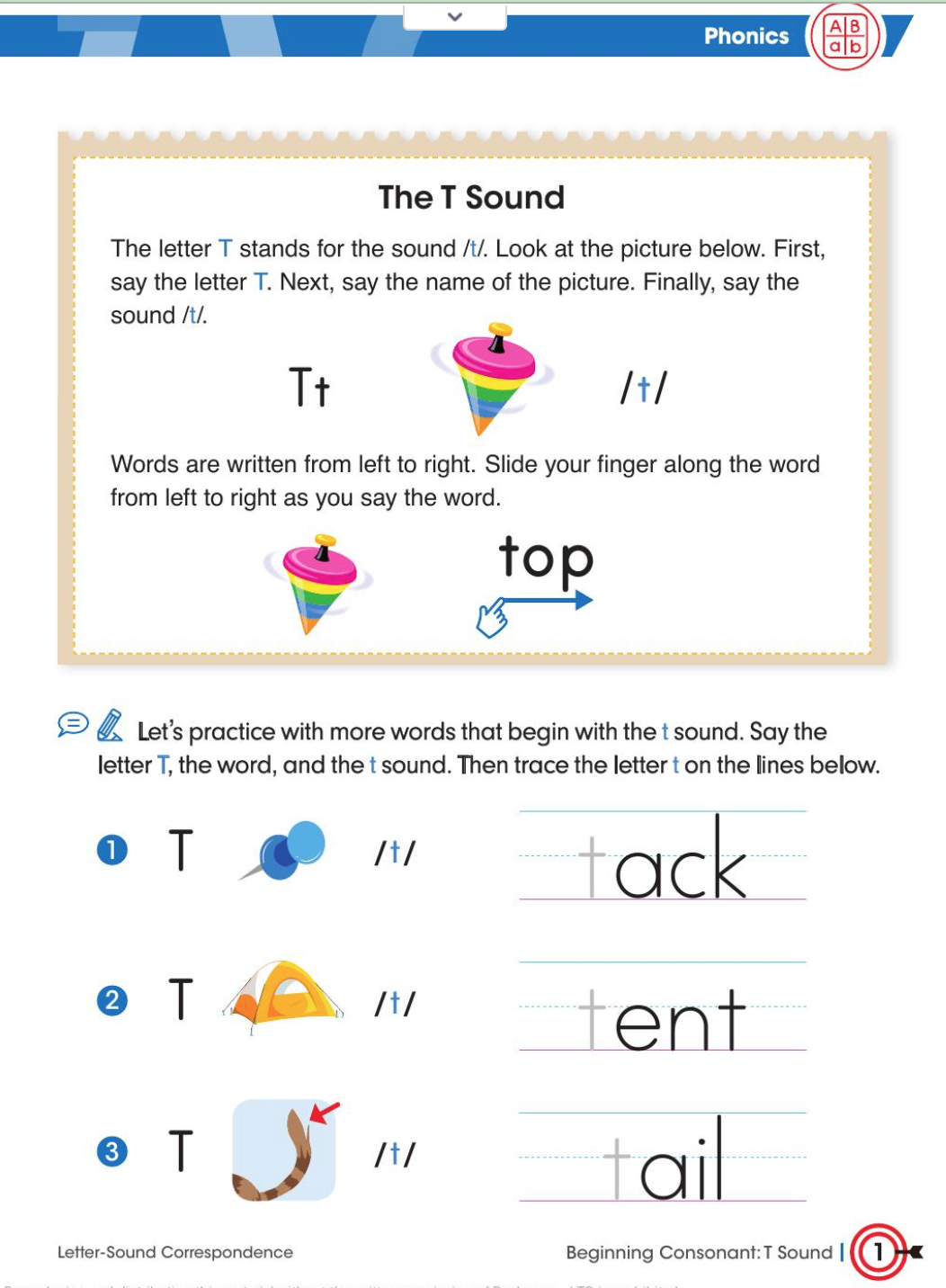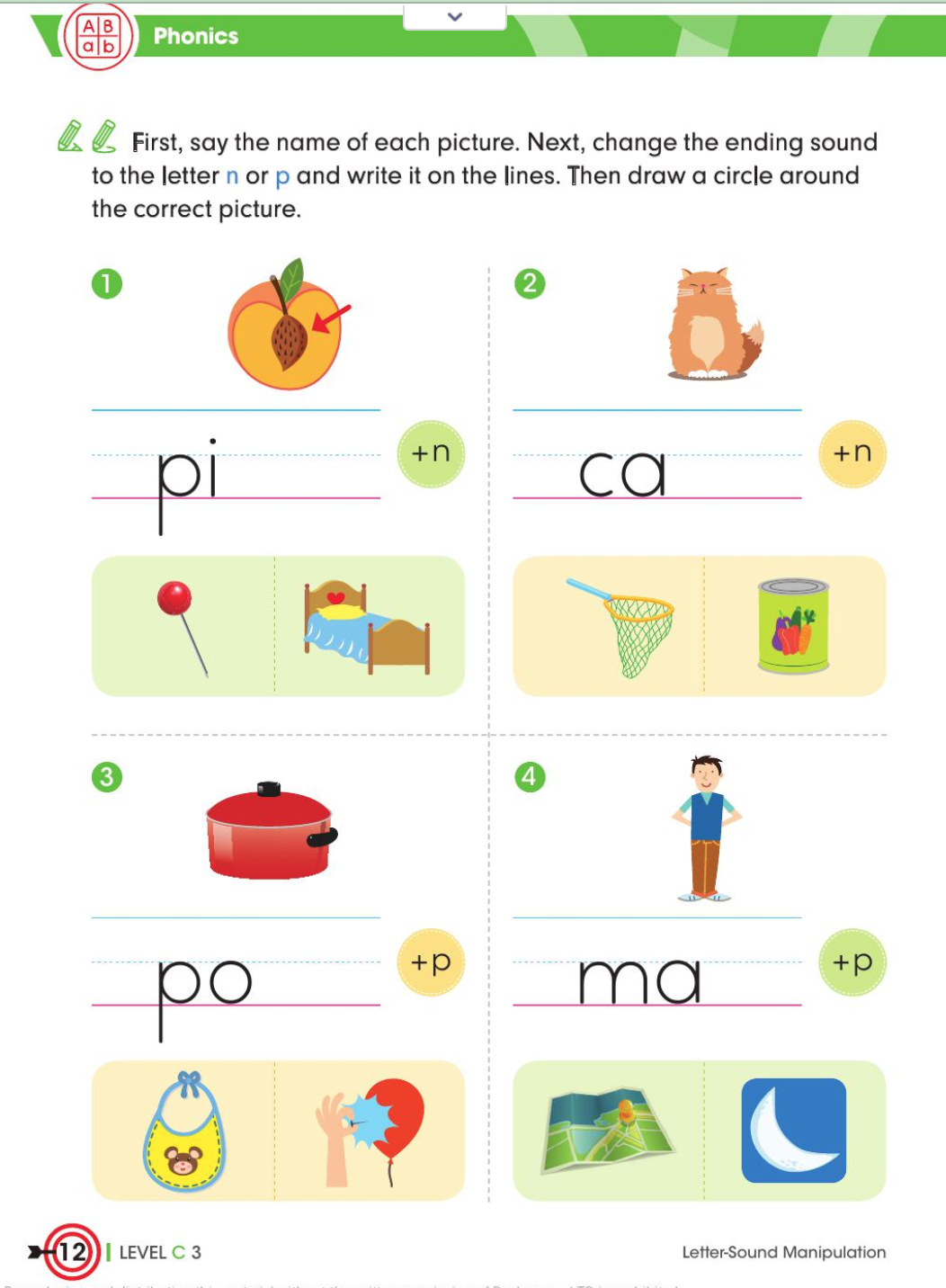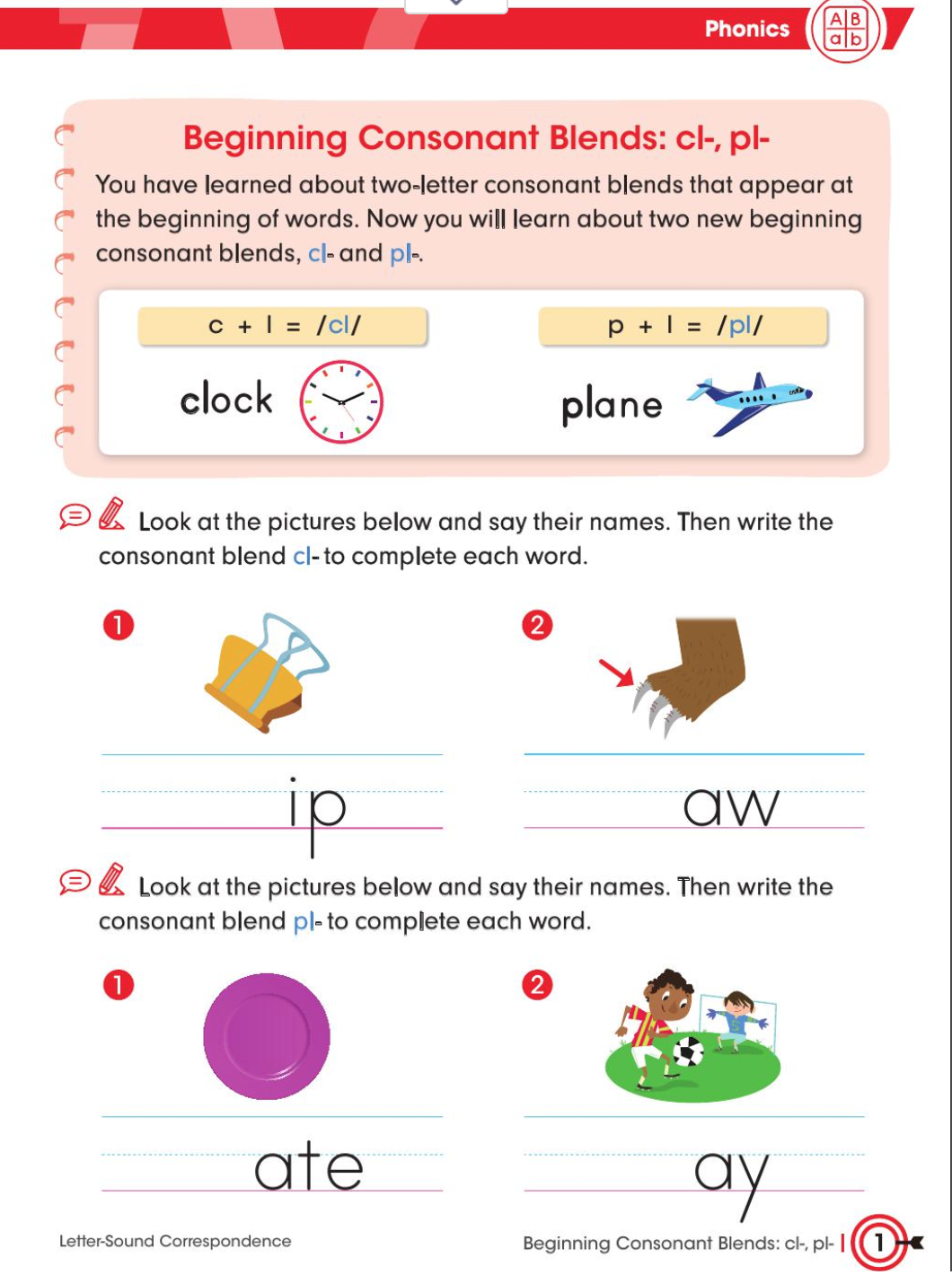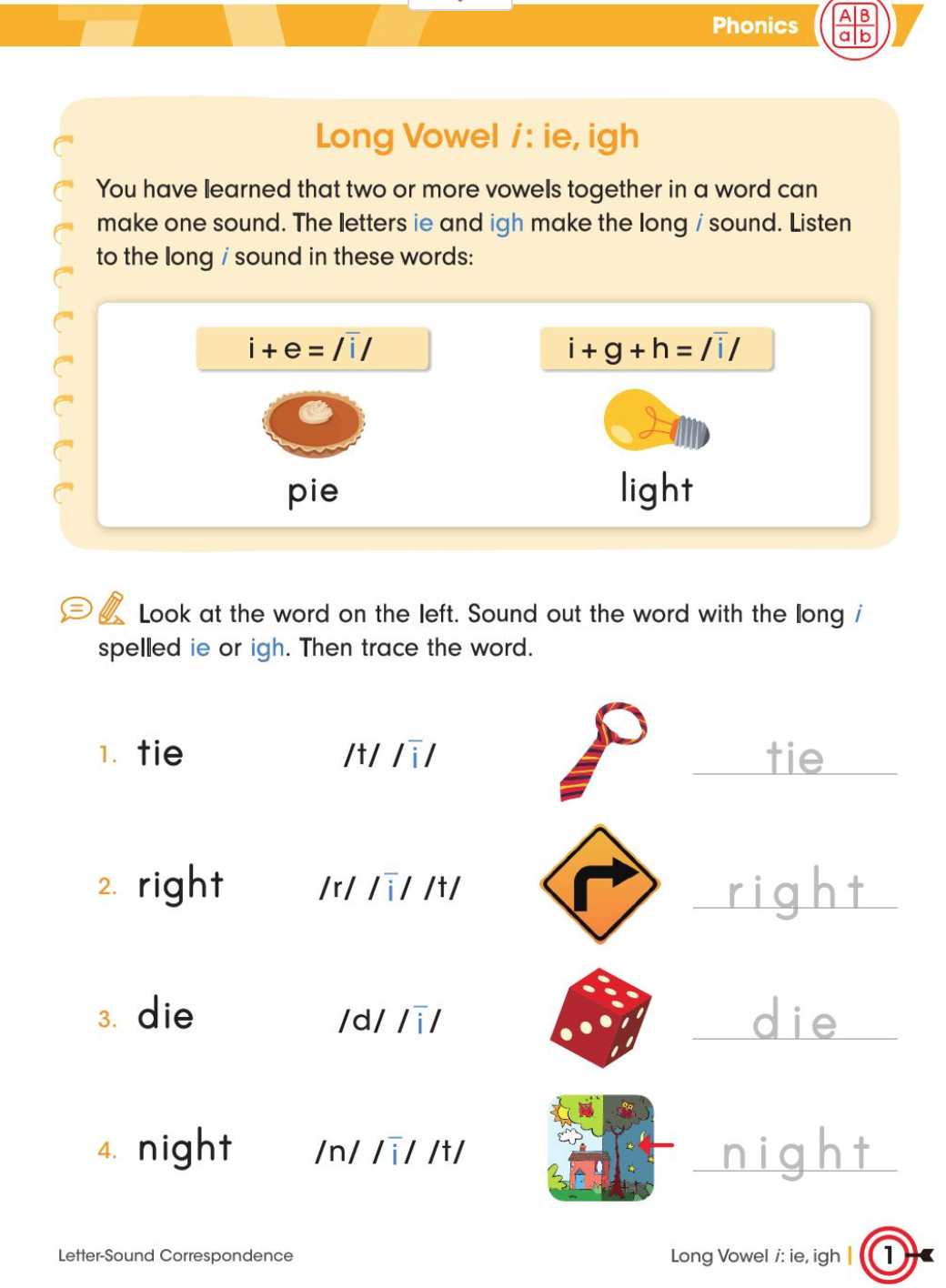PHONICS AS A TOOL TO READING
Phonics is a crucial aspect of early reading development and plays a fundamental role in helping young children learn to read. Phonics is a method of teaching reading that focuses on the relationship between letters and sounds. Here are some reasons why phonics is important in getting a young child to read:
Letter Sound Correspondence
Phonics helps children to understand the specific sounds of letters in spoken language. This knowledge is essential for decoding words when reading and encoding words when writing
Decoding Skills
By Learning Phonics, Children can break down words into their individual sounds, making it easier for them to read unfamiliar words. This decoding ability is a crucial skill that allows children to read independently and confidently.
Building a strong foundation
Phonics provides a solid foundation for reading. Once children grasp the basic phonetic principles, they can apply them to a wide range of words and texts, building their reading skills progressively.
Spelling and writing
Phonics not only helps with reading but also improves a child's spelling and writing abilities. Understanding the relationship between letters and sounds enables them to spell words more accurately.
Vocabulary expansion
As children learn to read using phonics, they encounter new words in context. This exposure to various words helps expand their vocabulary and improves their understanding of language.
Fluency and comprehension
When children are confident in their phonetic skills, they can read with greater fluency. Fluent reading allows them to focus more on comprehension and understanding the content of what they're reading
English Phonics Workbooks





Independence in Reading
Phonics empowers children to read on their own without relying heavily on memorisation. They can apply phonetic rules to decode new words, giving them the freedom to explore different texts.
Confidence and Motivation
Success in early reading through phonics builds a child's confidence and motivation to continue learning and exploring the world of books and literature.


Lifelong Learning
Phonics serves as a lifelong skill. Once children become proficient readers through phonics, they can apply these skills to various subjects and continue to develop their literacy throughout their lives.
Our Student who is just 4 years old is able to read the sentences fluently.
She was taught Phonics (the sounds of letters) to help her to read
